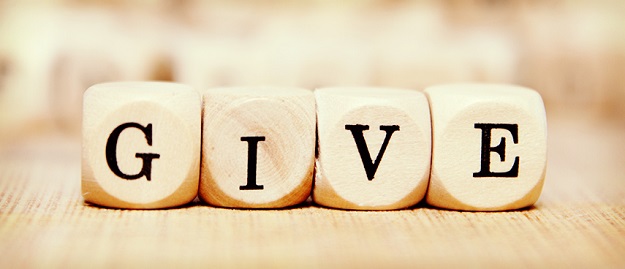If you attend any burial in New York, Sydney or London, you will find a common pattern in all of them. At some point in the funeral, the clergyman will talk about the person who died. A Muslim burial does not have this trait. When a Muslim dies, verses from the Noble Quran are read, the burial prayer is carried out, and the body is buried, usually the very day the person has died.
However, in our imaginary funeral in London the crowd gathers to present their condolences, and they wait to hear what the clergyman will say about the person they loved. With the coffin in front of them, the priest will speak of the life of the person. However, in no funeral does it occur to him to tell the minister how many pairs of shoes the deceased had. Nor does it say that this person possessed a fast car or that he had a lot of Italian costumes in his closet. No one mentions how much gold it possessed or what salary it had. Instead, one speaks of the type of husband or father who was the deceased. He may say that he was a kind man or a trusted and faithful friend, hardworking and honest. pay zakat online
As he faced death, all those things that had seemed so important in life were discolored in insignificance. No one carries sophisticated watches with them when they die. Those who had been deceived by believing that having a lot of money would make them important in this world, are now in the same type of wooden coffin as a man who had nothing. Cemeteries are full of important people!

The third pillar of Islam, the Zakat, obliges the Muslims to give a certain amount of the wealth that exceeds their own needs, the poor. The very notion of Zakat rejects the idea of acquiring more and more at any price, and teaches us, instead, that all success and wealth in this life come from Al ∙ Allah. All that the Muslim possesses has been bestowed upon him, who is the steward of the good things of this life. The fact that a man has a lot of money and another doesn't make one better or worse than the other. All men come to this world with nothing, and leave it with nothing.
The Zakat, a difficult word to translate from Arabic, does not mean charity. Muslims are not asked to give alms to the poor, for kindness. The poor have the same right to have good things in this world as anyone, and the Zakat obliges those who have wealth to share a part of it with those Muslim brothers who do not have any. So, this part actually belongs to the poor. The person has no right to Quedarsela. It's not yours and it must be Darla. The Zakat is a debt that the Muslims pay the poor. It is a mirror in which we see that in Islam there is no difference between men for what they possess. A mirror in which we see that all Muslims are brothers. The precise amount to be paid by the person of his surplus wealth in the concept of zakât can be found explained in detail and is somewhat complicated, about two and a half percent of what exceeds the basic necessities at the end of the year.
The meaning of Zakât is actually fairly simple: all men come from Al ∙ Allah, and to it will return; All they have comes from Al ∙ Allah and must share a part of what they have with those who need it.
Islam is eminently simple and eminently practical. When a person has acquired a wealth that exceeds the amount he needs to live comfortably and take care of his own, he must share the surplus of his wealth with those less fortunate than himself. The Communist Manifesto proposed its own form of distribution of wealth in the world: from each according to its capacity, to each according to its necessity. But in that communist world, in which there was no place for God, man's greed led such an ideal to failure.

The Zakat has been carried out by Muslims for centuries. Their lives, created by Al ∙ Allah, revolve around it, so sharing their blessings is a duty that is rewarded with more blessings yet.
The ideal world that existed in the times of Mhammad PBUH 1, that the prayers and the peace of Al ∙ Allah be upon him, when he emigrated from Mecca to Madeenah with his companions to establish the first Muslim state, is the closest thing to a utopia that the world has ever known. Islam was then lived in its purest form. With the mosque as the center of that state and the messenger of Al ∙ Lâh2 to the head, Medina was a city of charity, brotherhood and Peace. The brothers cared for each other. If someone was in need, they were helped with a common fund. So desirous were the Muslims to serve Al ∙ Allah with the heart and soul that every aspect of the city's life was ruled by Islam. It was not a simple theory, it worked. It is important to understand that Zakat was revealed to Muslims as a third pillar of Islam after that experience in Madeenah. The five daily prayers had already been established, and the Muslim community of Medina met five times a day to practice such prayers in common. The Zakat constituted a natural step that made this small community even more united.

